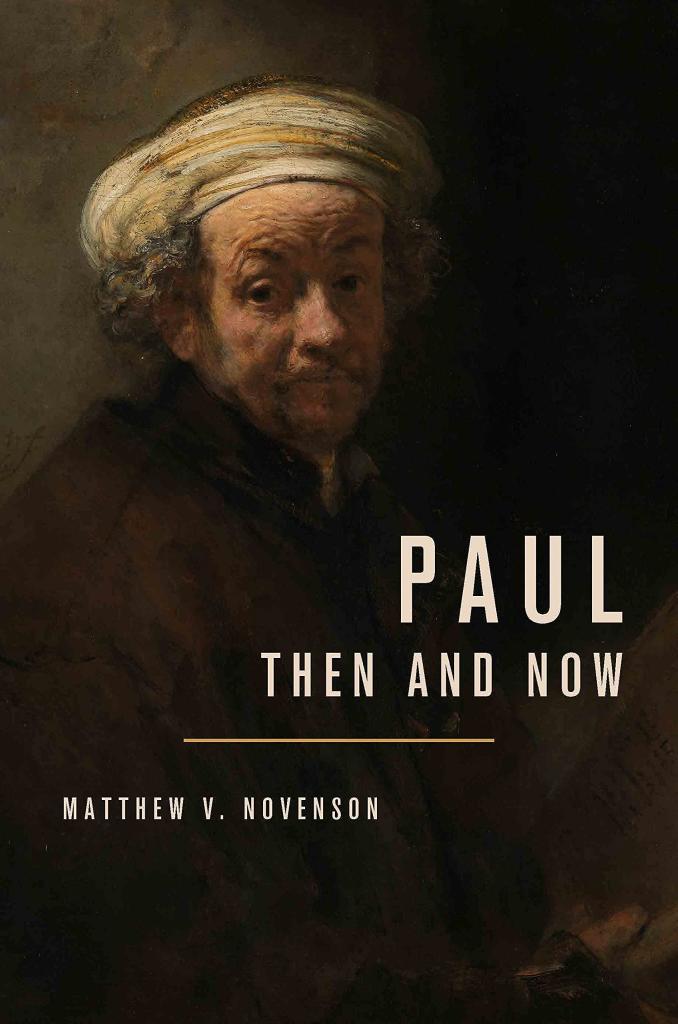Q. I was rather surprised with your endorsement of Schweitzerian eschatology as an appropriate reading of Paul’s eschatology and also even Jesus’s eschatology? I really don’t think this is a fair reading of Paul. The most one can say is that Paul reckoned with the possible imminence of Christ’s return during his life, but since Christ was coming like a thief in the night, no one knew when that would be, including Paul. Especially in Philippians, Paul reckons with two unknowns— when he was going to die, and when the Lord would return. So again ‘possible imminence’ is the most you can get out of remarks like those in 1 Thess. 4 which is meant as a word of comfort to the bereaved Christ followers in that city. It’s the certainty of the return of Christ not the timing that Paul is sure of. See my Jesus, Paul, and the End of the World. A very good study on this subject as it pertains to 1 Cor. 7 is the work of Doughty, and also Scott Bartchy’s work on it. The relevant point is that Paul does not say ‘the time is short’ but rather the time has been shortened, and what he is referring to is that the Christ event that has already happened has already set the eschatological clock in motion. The schema of this world is already passing away (not merely will pass away in the future) because of the Christ event in the past. And this leads Paul to say that one must change one’s view and attitude towards all the things of this world, and live ‘as if not’. This is not because the time is short, it is because redemption has already been inaugurated by the Christ event. How would you critique this?
A. Well, here is where I would say that you may not have sufficiently appreciated Paul’s radicality! I know and have learned a great deal from your book on eschatology, and Doughty’s and Bartchy’s work, as well. I agree with a lot of what you (and they) affirm, but not with what you deny. Paul does indeed think that eschatology is “inaugurated” with the death and resurrection of Jesus, as most Christians likewise affirm. But Paul also thinks (and says, often and emphatically!) a great deal more than this. He is in a unique position to do so, because he is our only first hand source that certainly comes from the generation of Jesus himself, in that brief window before the destruction of Jerusalem, the death of the apostles, etc. And this was Schweitzer’s brilliant observation: that, given the origins of the Christ movement in eschatology, there are some thoughts that were only thinkable in that first generation, never again after. And in Paul’s letters we read some of those thoughts in real time, as it were. Schweitzer was dismissed by many in his own day, as by you and many others today, but he was right. A few recent interpreters (Dale Allison and Paula Fredricksen, especially) have seen the importance of this idea, and I have treated it at length in a forthcoming book. In my view, this is perhaps the hardest thing for us Christian readers to accept: that the end did not come on the schedule or in the way that Paul anticipated. But ancient Christians long since made peace with this idea; Christian theology today really could take a lesson or two from them.













